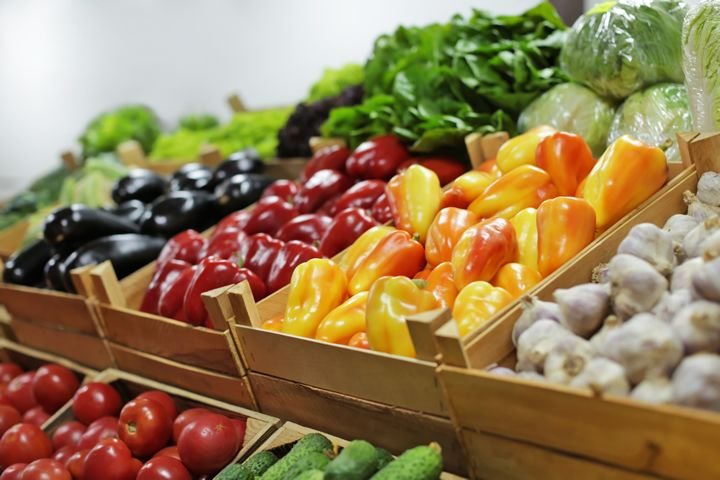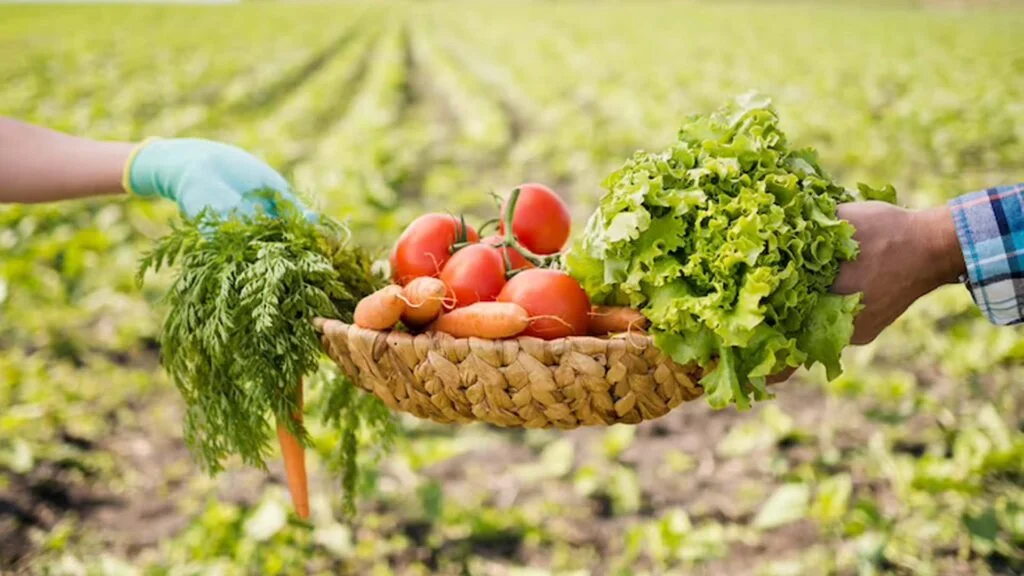Introduction

The rise of E-commerce in Agricultural Marketing has fundamentally transformed the marketing landscape for agricultural products, providing new opportunities for farmers and agribusinesses to reach consumers directly. This shift has been accelerated by changing consumer behaviors, particularly in the wake of the pandemic, which has led to an exponential increase in online shopping. E-commerce allows agricultural producers to bypass traditional distribution channels, enhancing their market reach and improving profitability. This article explores the impact of E-commerce in Agricultural Marketing, highlighting the benefits, challenges, and strategies for success in this evolving marketplace.
The Transformation of Agricultural Marketing
1. Direct-to-Consumer Sales
E-commerce platforms enable farmers to sell their products directly to consumers, bypassing traditional distribution channels.
- Benefits: This direct connection allows for better pricing and increased profit margins for producers. Farmers can engage with consumers, understand their preferences, and tailor their offerings accordingly.
- Examples: Platforms like MarketMaker facilitate connections between producers and consumers, enhancing visibility and market reach.
2. Enhanced Market Reach
E-commerce in Agricultural Marketing expands market access for agricultural products beyond local boundaries.
- Global Opportunities: Farmers can now reach national and international markets, increasing their customer base significantly.
- Diverse Sales Channels: Various online sales methods, such as auctions and listings on agricultural marketplaces, provide flexibility in how products are marketed and sold.
3. Increased Visibility and Brand Awareness
Having an online presence enhances brand visibility for agricultural products.
- Digital Marketing Strategies: Utilizing social media, search engine optimization (SEO), and content marketing can improve brand recognition and attract more customers.
- Consumer Engagement: Engaging with consumers through digital platforms fosters loyalty and encourages repeat purchases.
4. Cost Efficiency
E-commerce in Agricultural Marketing can lead to cost savings in marketing and distribution.
- Reduced Overhead: Unlike traditional retail models that require physical storefronts, e-commerce allows farmers to operate with lower overhead costs.
- Streamlined Operations: Online platforms can automate various processes such as order management and customer service, optimizing efficiency.
Challenges of E-commerce in Agriculture

Despite its advantages, e-commerce also presents challenges for agricultural marketers:
- Digital Literacy: Many farmers may lack the necessary skills or knowledge to effectively utilize e-commerce platforms.
- Infrastructure Limitations: In rural areas, inadequate internet connectivity can hinder access to online markets.
- Competition: The entry of numerous players into the online marketplace increases competition, making it essential for farmers to differentiate their products effectively.
Strategies for Success in E-Commerce
To leverage the benefits of E-commerce in Agricultural Marketing effectively, agricultural businesses should consider the following strategies:
1. Invest in Technology
Adopting user-friendly e-commerce platforms is crucial for facilitating online sales.
- Website Development: Create an informative website that highlights your products, values, and story. Ensure it is user-friendly and optimized for search engines (SEO).
- Mobile Optimization: Ensure that websites are mobile-friendly since many consumers shop using smartphones.
2. Utilize Data Analytics
Data-driven decision-making can enhance marketing effectiveness.
- Consumer Insights: Analyze purchasing patterns and customer feedback to refine product offerings and marketing strategies.
- Performance Tracking: Monitor key performance indicators (KPIs) to assess the effectiveness of marketing campaigns.
3. Build Strong Relationships
Engaging with customers fosters loyalty and encourages word-of-mouth promotion.
- Customer Service: Provide excellent customer service through timely responses to inquiries and effective problem resolution.
- Community Engagement: Participate in local events or online forums related to agriculture to build a community around your brand.
4. Focus on Sustainability
Highlighting sustainable practices can attract environmentally conscious consumers.
- Transparency: Share information about farming practices and sustainability efforts through your website or social media channels.
- Certifications: Obtain organic or sustainability certifications that resonate with target audiences looking for eco-friendly products.
Conclusion

E-commerce in Agricultural Marketing is reshaping the marketing landscape for agricultural products by providing farmers with new opportunities to connect directly with consumers while expanding their market reach. By understanding the benefits and challenges associated with this shift, agribusinesses can develop effective strategies that leverage technology, enhance brand visibility, and foster customer loyalty. As the agricultural sector continues to adapt to digital trends, embracing e-commerce will be essential for achieving long-term success in a competitive marketplace.
Explore E-commerce in Agricultural Marketing options for your agricultural business—consider implementing digital strategies that enhance your market presence and drive growth!
Q&A Section
Q: How does e-commerce benefit farmers?
A: E-commerce in Agricultural Marketing allows farmers to sell directly to consumers, increasing profit margins while expanding market reach beyond local boundaries.
Q: What challenges do farmers face when adopting E-commerce in Agricultural Marketing?
A: Challenges include digital literacy gaps, infrastructure limitations in rural areas, and increased competition in the online marketplace.
Q: What strategies can help farmers succeed in e-commerce?
A: Key strategies include investing in technology, utilizing data analytics, building strong customer relationships, and focusing on sustainability practices.
Resources
- The Rise of E-Commerce and Its Impact on Agribusiness – ISAM Education
- Does E-Commerce Help Agricultural Markets? – Choices Magazine
- The Impact of E-Commerce on Agro-Food Marketing – Emerald Insight
- Impacts of Agri-Food E-Commerce on Traditional Wholesale Industry – ScienceDirect
- The Impact of E-Commerce Platforms on Agriculture – LinkedIn







